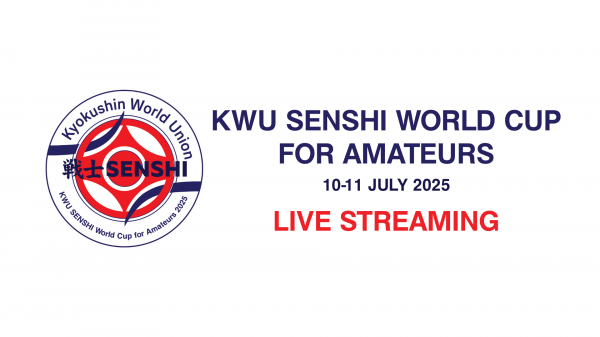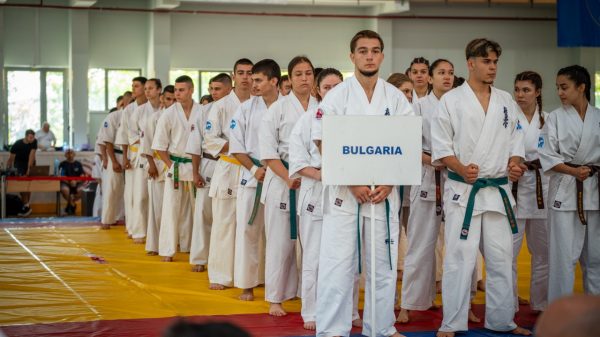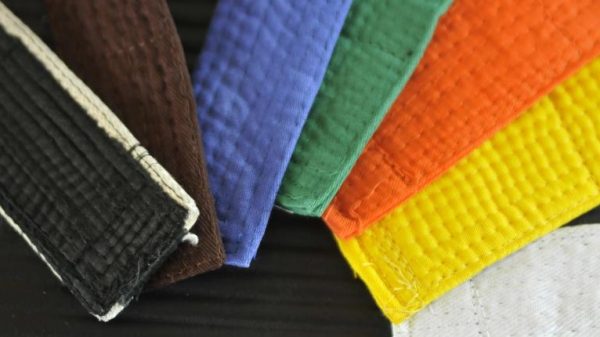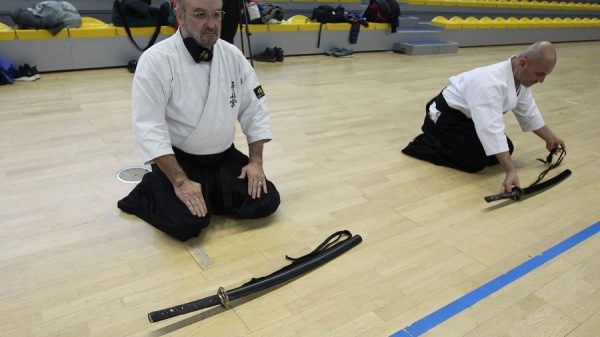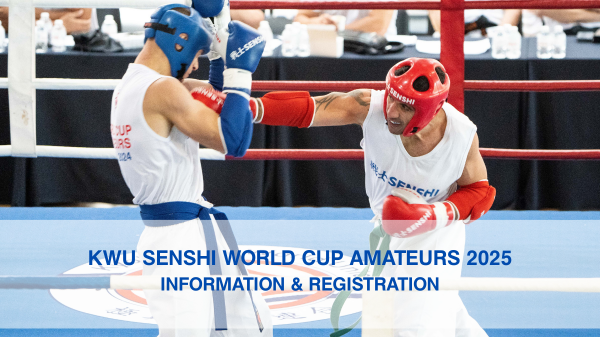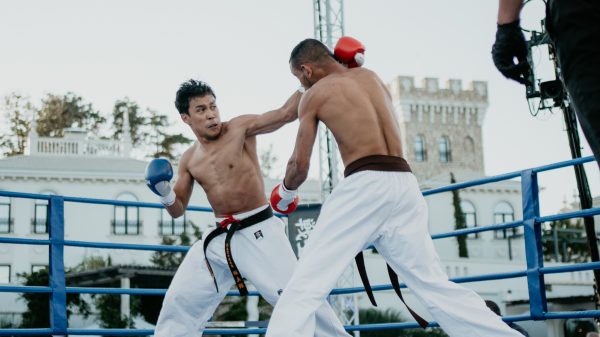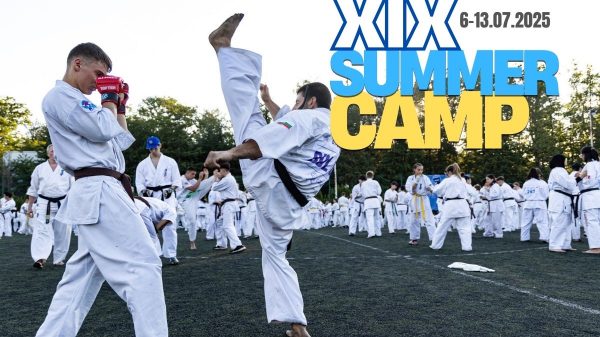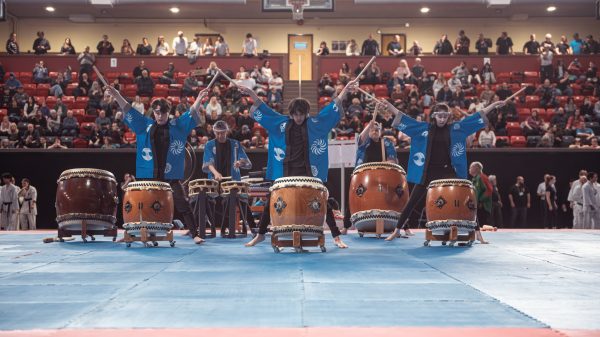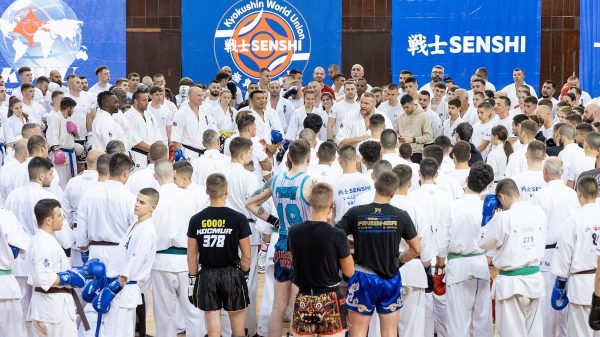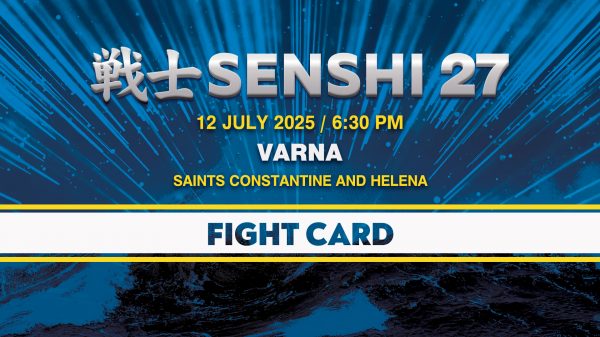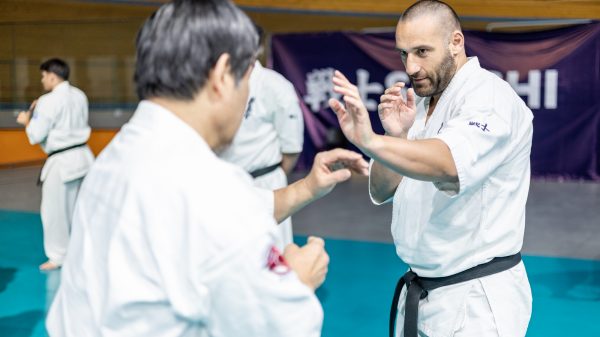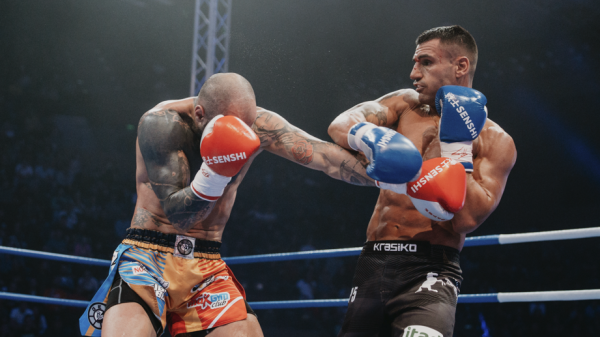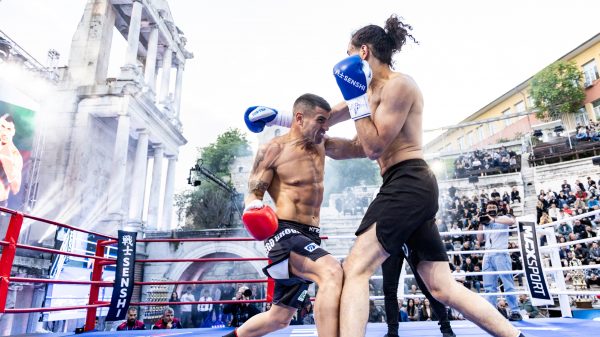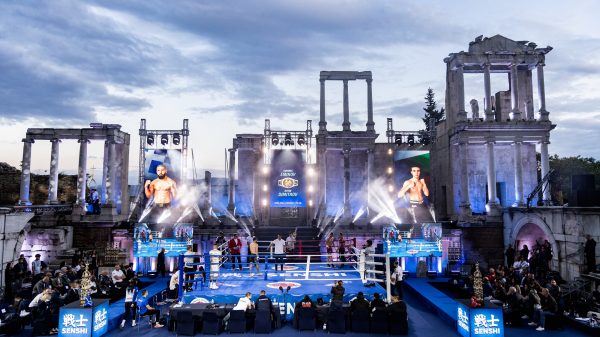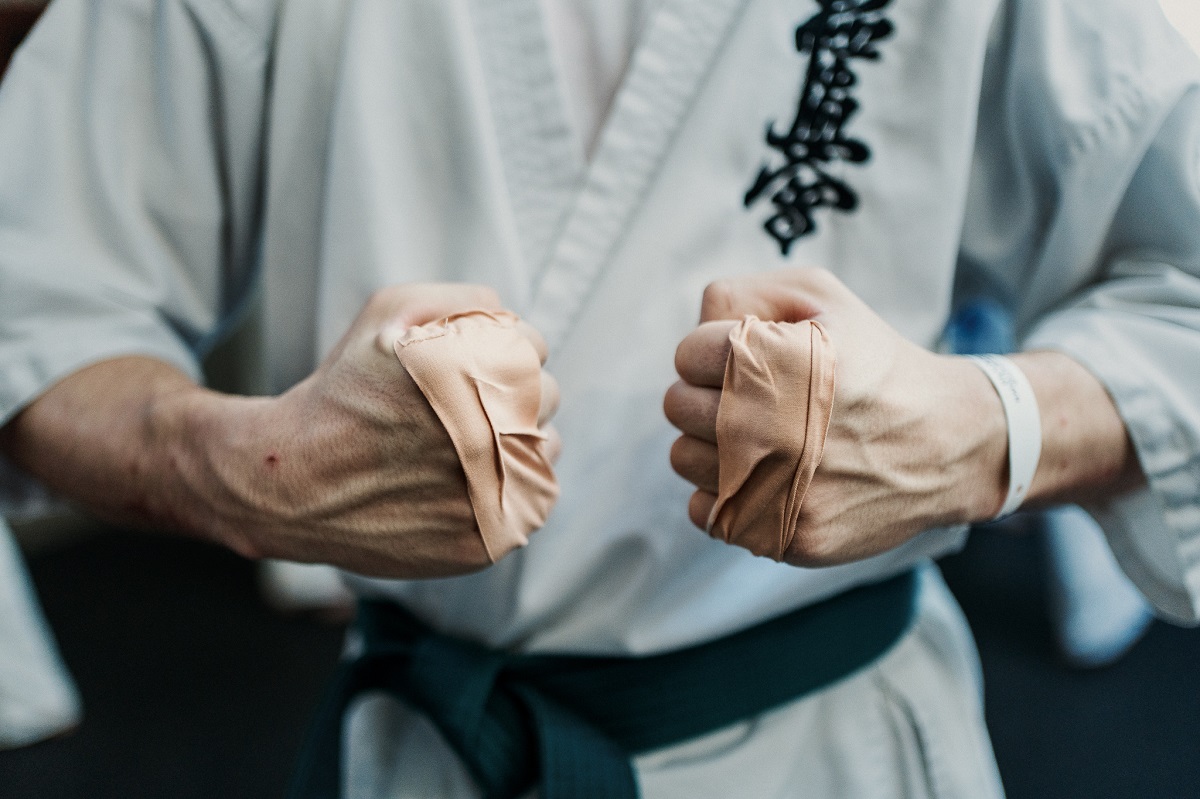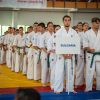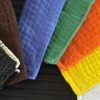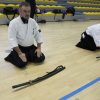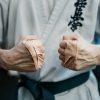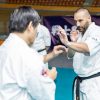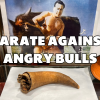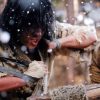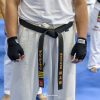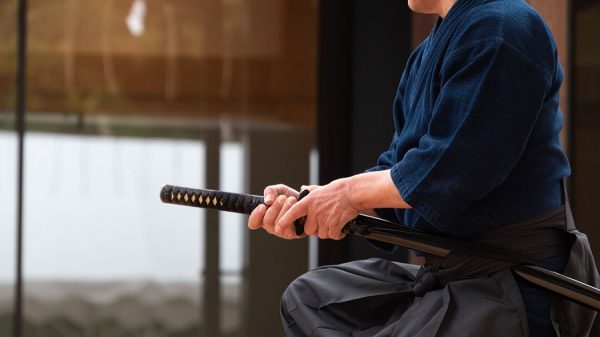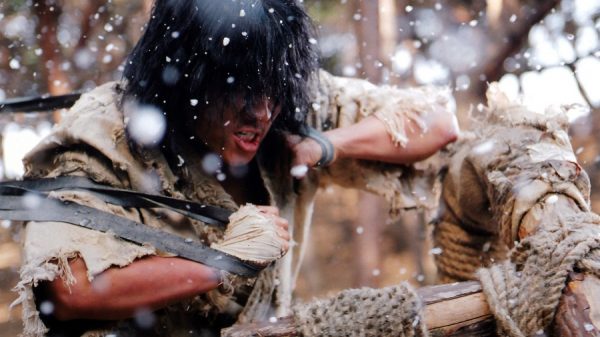At some point in our martial arts training, students realize that strong, linear movements are painful to work with, and require a large expenditure of energy. The use of force against force is a crude way to get a result and is not a true expression of martial arts. Students training like this may develop bruises in-class training, and over time may even cause long-lasting damage to their bone structure. This linear way of training is also difficult to maintain long term, as our bodies grow tired and age.
It is at this point that alternatives are sought out by the Martial Artist who wishes to continue practicing in a healthy body on a long term basis.
This is where the student starts to see the value and apply the principles of circular motion in their movements to avoid attacks and reposition themselves in a more effective position. It is where students start to be able to apply the more advanced and complicated motions that incorporate circles. These movements allow the student the flexibility to respond to direct attacks by absorbing an attack and redirecting it, much as bamboo moves in the wind.
It takes considerably more time to learn to move in a circular way, however, after time spent in studying the Martial Arts, students begin to naturally see the advantages of moving in a smoother responsive way instead of a binary linear way.
Understanding this way of moving also allows the students to respond differently to different situations. Students start to understand that the same response is not always appropriate and that there are many ways of achieving the desired outcome.
Moving smoothly and circularly is a challenging skill to master. It is not the same as learning how to perform an individual technique, no matter how complex, as it requires us to have the presence of mind to alter something as fundamental as the way we move. The way we do this is we practice the ability to observe ourselves in action.
When we start our training, we have a bit of tunnel vision – we see hands and feet flying through the air towards us and we just concentrate on dealing with that – we see a target and we hit it, we see an attack and we block it, all the time trying to keep our heads above water.
The next stage in our training is the ‘Doh!’ stage. This is a frustrating stage as we can see opportunities to do something different and good just microseconds after the opportunity has passed. This is a natural and healthy stage as it means we are starting to be able to look wider than the tunnel vision of the previous stage.
After time in our training, we develop the ability to relax in our training, to wait for opportunities and respond to them as soon as they arise, and make a decision about what action to take. This ability is taking the moment between stimulus and response and stretching it out to make enough time to choose between a variety of options, instead of shrinking the moment to be so small that all we can do is lash out, or do what we have been conditioned to do without thinking about if it is the right action to take.
We do this by looking outwards, away from the little details in front of us, and at the bigger picture. We do it by trying to be in the moment and yet also distant from it, observing it. Most people will have, at some time or another been asked something and they instantly gave a response (usually in the negative) without thinking about it, and later realized that was actually an opportunity that we passed up to change something for the better. When we go around on autopilot, or when we get caught up in busyness and respond without thought, we do not have the chance to move forward. When, however, we can be present in each moment, looking at each situation and making conscious decisions about it, then we are able to make good choices about the course of action we should take, and this shapes the person and the martial artist we become.


